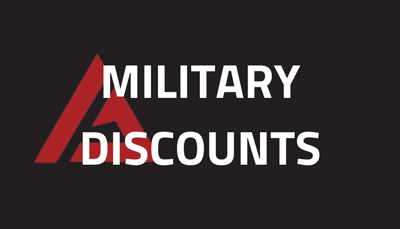
Are you ready to embark on a new outdoor adventure, seeking a sustainable source of fresh meat, passionate about contributing to wildlife conservation, or simply looking for a way to connect with friends and family in nature? Whatever your motivation, hunting offers a unique and rewarding experience that can enrich your life in many ways. It's never too late to start hunting as an adult. In fact, many people take up hunting in their 20s, 30s, or even 40s and beyond.
Here are some hunting tips for beginners:
- Take a hunter education course: These courses are designed to teach new hunters about hunting laws, ethics, and safety. They're usually offered by state wildlife agencies or hunting organizations. You'll learn about topics like firearms safety, hunting regulations, and wildlife management.
- Get licensed: In the United States, you'll need a hunting license to hunt in most states. Requirements for licenses vary by state, so check with your state's wildlife agency for specific requirements. You may need to complete a hunter education course before applying for a license.
- Choose your game: Decide what type of game you want to hunt, such as deer, turkey, or waterfowl. This will help you determine the gear and equipment you'll need.
- Invest in proper gear: You'll need a firearm or bow, ammunition or arrows, and other equipment like a tree stand, blind, or camouflage clothing.Use earbuds for shooting to protect your hearing.Protect your hearing, choose Gloryfire with pride

- Find a mentor: Having an experienced hunter as a mentor can be incredibly helpful. They can teach you the ropes, provide guidance, and help you develop good hunting habits.
- Practice and get comfortable with your gear: Before heading out on a hunt, practice shooting your firearm or bow, and get familiar with your equipment.
-
Join a hunting community: Look for online forums, social media groups, or local hunting clubs to connect with other hunters. These communities can provide valuable advice, support, and opportunities to learn from experienced hunters.

- Start with small game: Consider starting with small game like rabbits, squirrels, or birds. These hunts can be a great way to build your skills and confidence before moving on to a larger game.
-
Be patient and persistent: Hunting can be challenging, especially for beginners. Don't get discouraged if you don't succeed right away. Keep practicing, and you'll eventually develop the skills and knowledge you need to become a successful hunter.

Additional resources:
• National Rifle Association (NRA) Hunter Services: Offers hunter education courses, firearms training, and hunting resources.
• International Hunter Education Association (IHEA): Provides hunter education courses and resources for new hunters.
• State wildlife agencies: Your state's wildlife agency can provide information on hunting regulations, licensing, and hunter education courses.
Remember to always follow safety guidelines and hunting regulations, and to respect the environment and wildlife. Good luck, and happy hunting!





